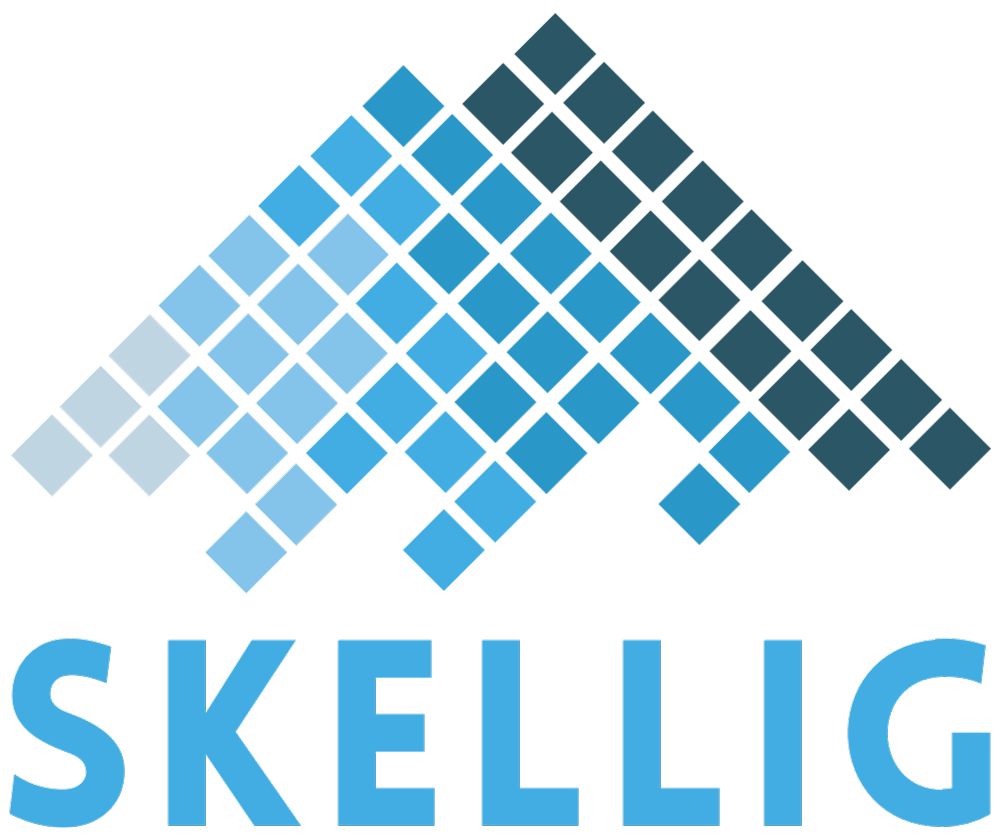…and why I believe none of the current automation equipment manufacturers will dominate the next generation of biotech facilities. Hint: product people are key.
Xerox developed some very cool stuff when it founded PARC (Palo Alto Research Center) in the 1970’s. It was a tour of PARC where Steve Jobs was shown three things, but he says “I was so blinded by the first that I didn’t really see the other two”. This was the graphical user interface with a mouse for human-computer interaction. The other two, by the way, were object-oriented programming and a network of over 100 computers, all able to allow users communicate via email.
So why didn’t Xerox dominate the personal computer industry? Jobs was asked this question and he said it was actually something he thought about a lot and came to an answer on the topic years later. I found his take very interesting and applicable to a lot of industries, even our own.
Problems with Monopolies
He said he saw it first with John Scully (Apple CEO in the 80’s who came from Pepsi).
“What happened with John at Pepsi is they would change the product every 10 years or so and to them a new product was something frivolous like a different size bottle. So if you were a product person you didn’t get to influence the direction of the company very much. The influence came from sales and marketing. They were the ones with the biggest say and therefore they got promoted and ran the company. For Pepsi, that was fine. However, what’s really interesting is the same thing can happen at tech companies that get monopolies, like IBM and Xerox. So, if you were a product person and you make a better copier, so what! When it’s a monopoly, it’s mostly the sales and marketing people that can make the company more successful. So the product people get driven out.”
I feel like this is our industry, not very innovative
and monopolies last for decades with very little product improvement. I think we need more product people making decisions in our field.
Steve Jobs said “People running this kind of company seem to have no understanding of what makes a great product and they have no real feeling in their hearts about wanting to really help the customers…. Xerox was run by toner heads who had no real idea of what they were looking at. Had they realized this, Xerox could have owned the entire personal computer industry today”.
Empowering Product People
I would argue our industry might be better served by providing comprehensive solutions. We can build fully functional factories where software and hardware are standardized, built together. We need to move away from the paradigm of projects with all sorts of engineering consultants trying to manage the mess. We need products that a company could stand over.
As consultants and engineers who build things, we need to come together and build what we know the market needs, better ways of getting high quality product out the door, sooner. With less time and financial investment. Only product people like us can do that. We have to build it, and constantly doing custom projects integrated together by the end-user is not the way to do this.
The best results will come when we consolidate our offerings into one holistic package where the client’s new facility is 80% done on day one!
Then we get to control the continuous improvement process and drive real product innovation… Together!
